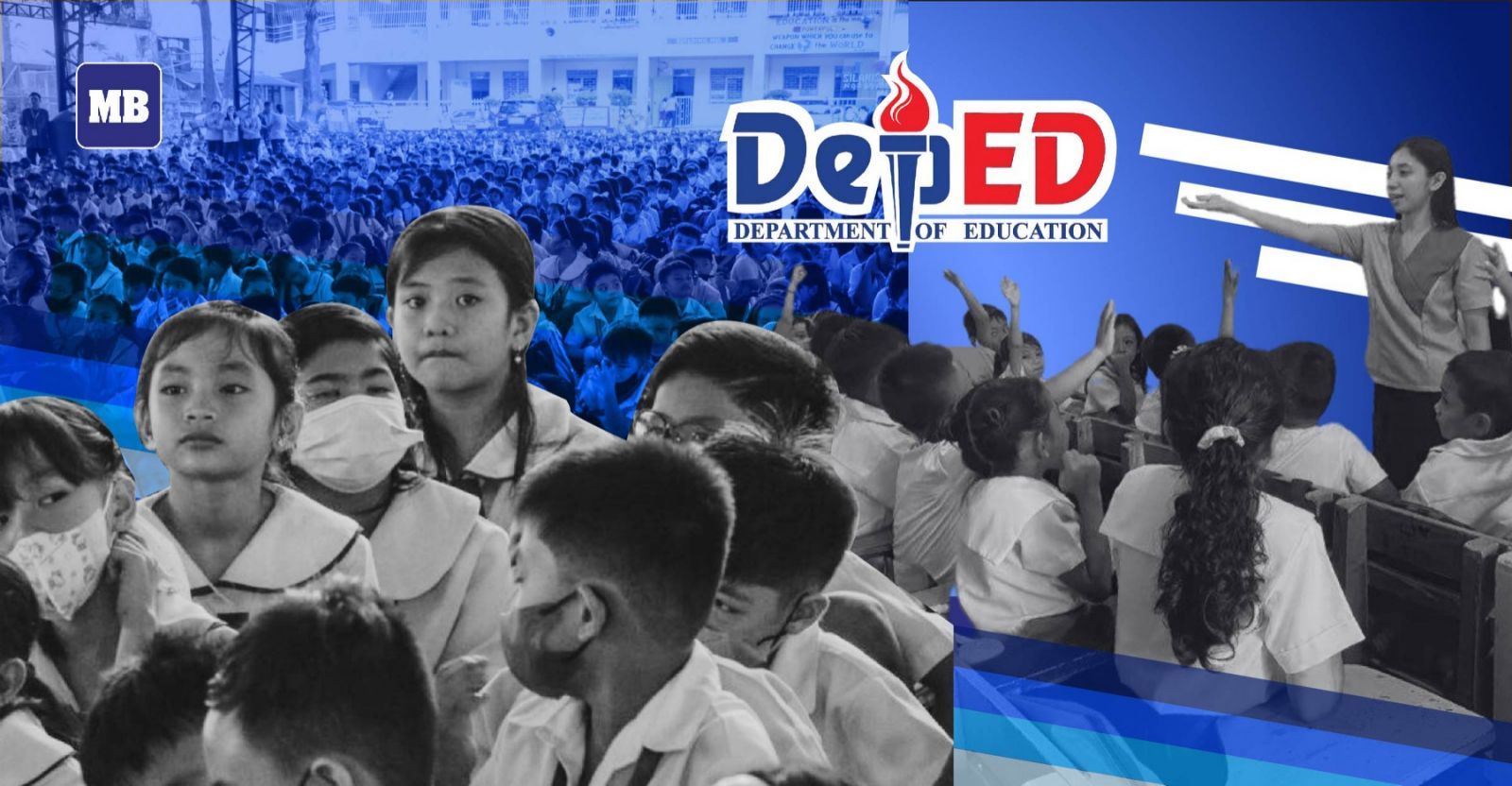DepEd to expand program to combat harmful vices among learners
SUBIC, Zambales — An official of the Department of Education (DepEd) said on Friday, June 14, that the agency will strengthen and expand its existing program to steer learners away from the effects of unhealthy vices such as vaping.

“We have to make them realize that these substances can cause more harm than good,” DepEd Assistant Secretary for Operations Dr. Dexter Galban said during the second day of the “Engaging Media for Health Literacy” conference organized by the Department of Health (DOH) - Health Promotion Bureau.
With the prevalence of vaping among learners, Galban underscored the importance of making learners, who are using vape products, realize that there are “better coping mechanisms” available for them.
Deemed as among the successful student-led initiatives in schools, Galban said that DepEd will be expanding the existing “Barkada Kontra Droga Plus” program into “Barkada Kontra Bisyo.”
This, he explained, will cover not just substance abuse and dependence but also other potentially harmful vices that can lead to addiction such as tobacco and vape use, alcohol drinking, and even excessive gaming.
“We have found BKD to be quite successful but we found that there’s room for growth and improvement,” Galban said.
As for the mechanism of the improved program, Galban said schools will tap the support of their school health personnel, administrative staff, and the students themselves.
Fight against tobacco and vape use in schools
Galban explained that there are existing policies that explicitly highlight the harmful effects of vaping and tobacco use as contained in various DepEd issuances.
However, he noted that there is an urgent need to revisit and strengthen these policies to better respond to emerging challenges concerning schools and their learners.
In addressing the vaping problem, for instance, Galban said that DepEd “can only do so much” as it is very challenging to enforce existing policies outside the confines of the school.
To monitor learners who might be using vapes, Galban said DepEd endeavors to ensure that teachers become “more knowledgeable” about these products and that they should be “trained” to spot these students for appropriate intervention.
Galban said that concerned strands within DepEd are also working together to ensure that its programs and projects are aligned with each other.
With the expanded BKD program, Galban said the efforts against substance dependence and abuse will be reinforced on all sides.
Once expanded, Galban said the BKD program will become a part of a “more comprehensive approach” under the agency’s mental health program.
Amplifying partnerships
Meanwhile, Galban underscored the importance of continuing to amplify partnerships with concerned stakeholders, particularly parents.
“One of the challenges that we have to ensure is effective parent capacity building,” Galban said, noting there is “substantial weight” when it comes to habits at home.
If students see their parents use vape and other tobacco products at home, Galban noted that “it weakens the narrative that smoking and vaping are bad and dangerous for our kids.”
To address vaping and other related problems among learners, Galban said that DepEd’s options are to invest in the involvement of parents, provide learning materials, and implement early interventions.
Ongoing initiatives
Moreover, Galban explained that protecting schools from the harms of tobacco and vaping is addressed in the MATATAG agenda or DepEd’s blueprint when it comes to addressing the challenges in basic education.
Taking good care of learners by promoting well-being, inclusive education, and a positive learning environment, Galban said, is an important part of the MATATAG Agenda.
While DepEd has enforced some of the “strictest policies” when it comes to vape and tobacco control by banning these in all schools and offices, Galban said that the agency continues to integrate topics such as vaping and tobacco use in as many learning areas and activities as possible.
For instance, Galban noted that topics on vaping and tobacco use are highlighted in DepEd’s “Catch-Up Fridays” initiative under the Health component.
In the revised K to 10 or MATATAG curriculum, Galban said tobacco and control vape control are also highlighted in relevant learning areas.
As DepEd reviews the curriculum for Grades 11 and 12 or the Senior High School (SHS) Program, Galban said special focus is given to these topics because learners are already at an age where they can access these products.
Young people as advocates
Galban said that aside from creating a student-led watchdog, DepEd will also tap young people to “call out” their peers.
“Having young people as advocates and not just beneficiaries is essential to make the campaign work,” Galban said.
Galban also noted that for authorities to succeed in their campaign against vaping and tobacco use, they have to be able to “catch up with the times” and speak to the youth “in their own language.”
“We have to be able to integrate pop culture references, whether it be BINI, or BGYO, or any other thing that is in for them to understand that these are things that are relevant to them,” Galban said.
RELATED STORY: